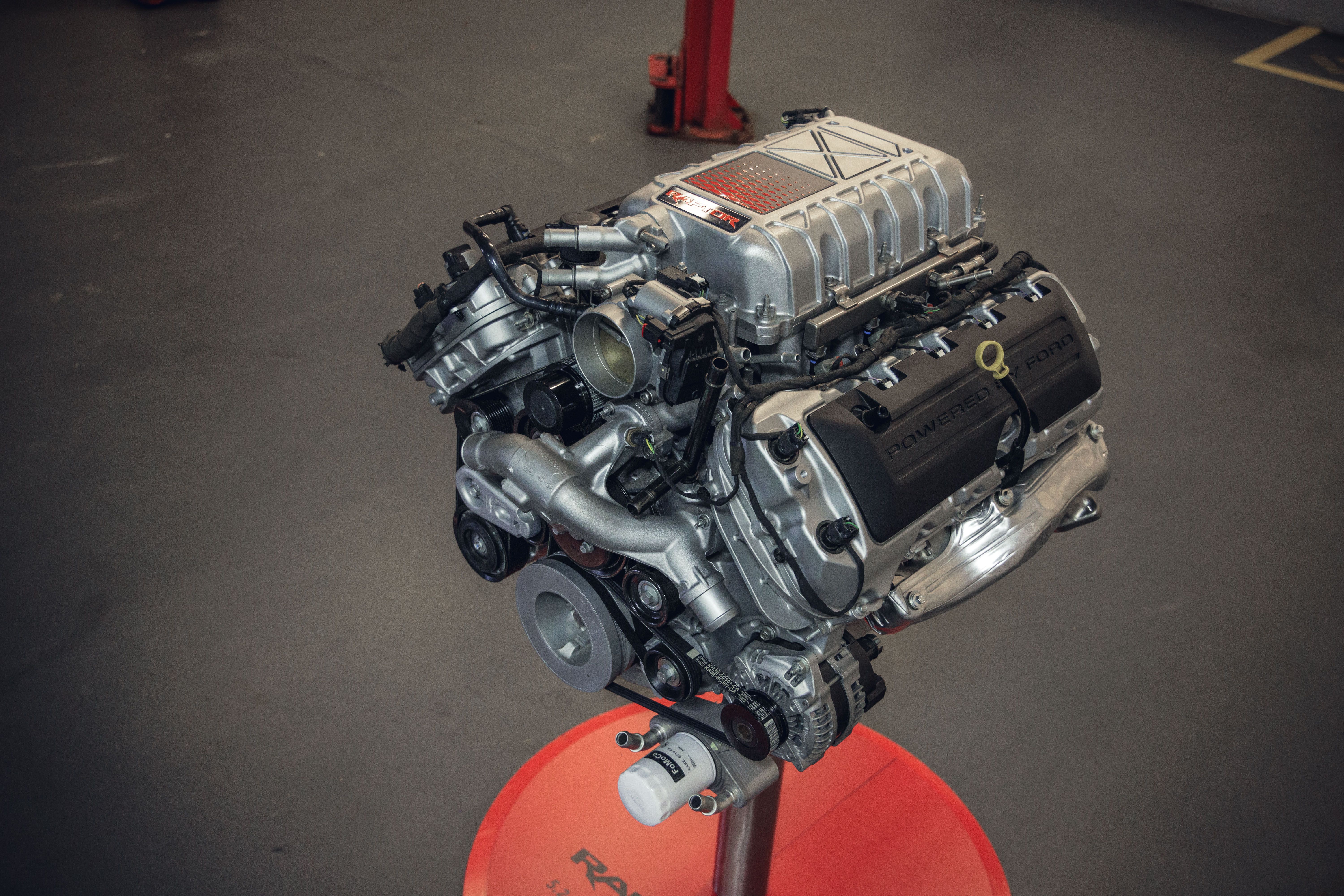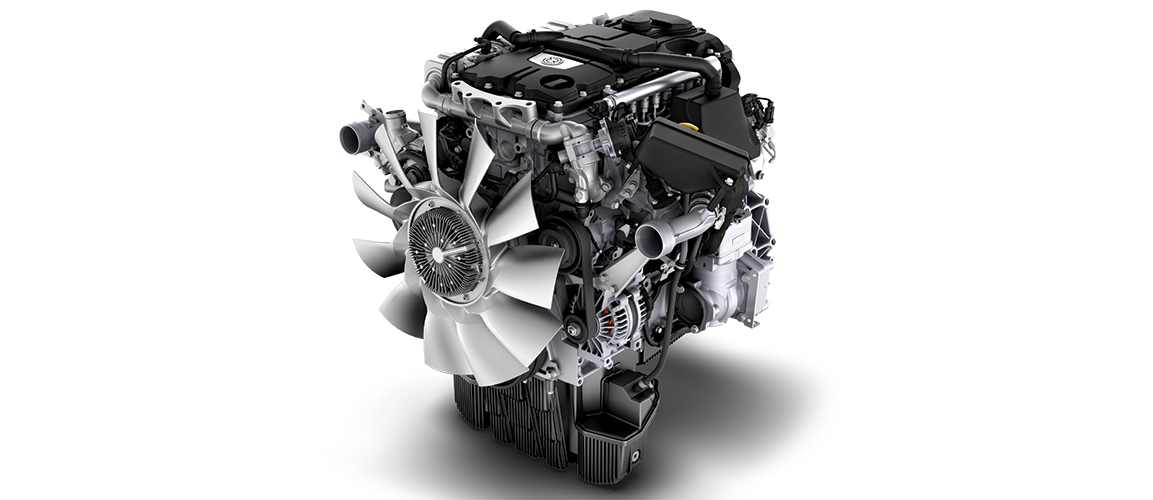Engines for Africa: Your Ultimate Vehicle Parts Shop for Top Quality Car Parts
The Impact of Cutting-edge Engine Technologies on Energy Efficiency and Environmental Sustainability
In the realm of transport and commercial equipment, the continuous mission for enhanced energy efficiency and reduced ecological influence has actually caused substantial innovations in engine modern technologies. From the gradual change in the direction of electrical and hybrid systems to the assimilation of turbocharging for boosted performance, the landscape of engines is advancing quickly. The usage of alternate fuels additionally diversifies the choices offered for sustainable energy resources. These advancements not only assure a greener future however additionally hold the potential to change the way we come close to energy intake and ecological sustainability.
Advancement of Engine Technologies
The development of engine modern technologies over the years has been marked by constant technology and improvement in quest of boosted performance and performance. From the early days of inner combustion engines to the advanced hybrid and electric powertrains of today, the advancement of engine technologies has been driven by a ruthless mission for boosted fuel performance and minimized emissions.
One considerable milestone in this advancement was the advancement of turbocharging and direct shot systems, which significantly increased engine power outcome while boosting fuel performance. These modern technologies allowed for smaller sized, a lot more light-weight engines that can deliver the performance of bigger ones without jeopardizing on efficiency.
Moreover, developments in materials scientific research have caused the prevalent fostering of light-weight materials such as light weight aluminum and carbon fiber in engine construction. This has not only lowered general lorry weight yet has actually also boosted engine performance by minimizing energy losses linked with inertia and friction.
Benefits of Electric and Hybrid Systems
With the growing emphasis on sustainability and energy performance, what advantages do electric and hybrid systems provide in the realm of engine technologies? Additionally, electric and hybrid systems are much more energy-efficient, converting a greater percent of stored power right into propulsion contrasted to traditional engines. Crossbreed systems integrate the advantages of electrical propulsion with the adaptability of a combustion engine, supplying prolonged decreasing and driving arrays array anxiety for consumers transitioning to electrical vehicles.
Turbocharging for Improved Effectiveness
Turbocharging jobs by using a generator to require even more air into the combustion chamber, enabling for much better fuel combustion and increased power result without a considerable boost in engine dimension. By making the most of the performance of the burning process, turbocharged engines can achieve better gas economic climate and lowered exhausts, contributing to ecological sustainability. The widespread adoption of turbocharged engines in both fuel and diesel automobiles demonstrates their efficiency in stabilizing efficiency, performance, and ecological influence.
Taking Advantage Of Alternative Gas
Using different gas offers an encouraging opportunity for lowering carbon exhausts and expanding the power resources utilized in transport. As the globe strives to fight environment change and reduce dependency on nonrenewable fuel sources, alternate gas have actually gained significant focus for their other possible environmental and economic benefits.
Biofuels, such as ethanol and biodiesel, are derived from eco-friendly resources see page like algae, corn, and sugarcane, offering a cleaner burning alternative to standard fuel and diesel. These fuels can be blended with existing petroleum fuels or utilized in specialized engines, giving a path to reduced greenhouse gas discharges and boost air quality.
Furthermore, hydrogen fuel cells have become a promising technology for zero-emission transportation. engines for africa. By converting hydrogen gas into power to power electric motors, gas cell vehicles generate just water vapor as a byproduct, getting rid of damaging tailpipe emissions completely
Along with decreasing carbon discharges, different gas can likewise enhance energy safety and security by branching out the fuel mix and decreasing reliance on imported oil. Accepting different gas in transport is an important action in the direction of achieving a much more ecologically friendly and sustainable future.

Future prospects and ecological benefits
The ecological advantages of alternate fuels and their capacity for lasting sustainability are essential factors to consider in the shift towards cleaner energy resources. Alternative gas, such as biofuels, hydrogen, and electrical power, offer considerable ecological benefits compared to conventional nonrenewable fuel sources. These fuels create reduced degrees webpage of greenhouse gas discharges, reducing air pollution and mitigating environment change effects. Additionally, alternate gas can aid diversify power resources, boosting energy safety and lowering reliance on limited sources.
Improvements in innovation continue to enhance the effectiveness and cost of alternate fuel cars, making them much more easily accessible to customers. By accepting cutting-edge technologies and alternate gas, the path in the direction of a more lasting future becomes progressively possible.

Conclusion
To conclude, innovative engine innovations have played a vital duty in enhancing power effectiveness and promoting ecological sustainability. engines for africa. The advancement of engine innovations, adoption of hybrid and electric systems, use of turbocharging, and exploration of alternative fuels have all added to increasing and decreasing exhausts performance. The ecological advantages of these developments are clear, and there is terrific prospective for additional development in the future. Engine innovations remain to be a crucial location of emphasis for achieving a more sustainable future.
In the realm of transport and commercial equipment, the constant quest for enhanced energy performance and minimized environmental impact has actually led to substantial improvements in engine innovations. Turbocharging works by making use of a generator to require even more air right into the combustion chamber, allowing for much better fuel combustion and increased power outcome without a considerable boost in engine size. By optimizing the performance of the combustion process, turbocharged engines can achieve improved gas economy and reduced discharges, contributing to ecological sustainability. Alternate fuels, such as biofuels, hydrogen, and electrical power, deal substantial environmental advantages contrasted to typical fossil gas. The development of engine technologies, adoption of hybrid and electrical systems, application of turbocharging, and expedition of alternate gas have all added to reducing exhausts and increasing effectiveness.